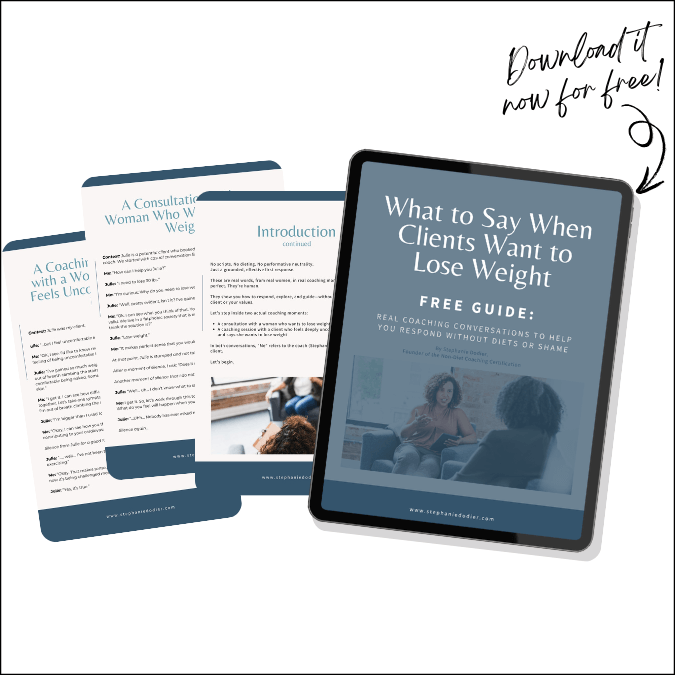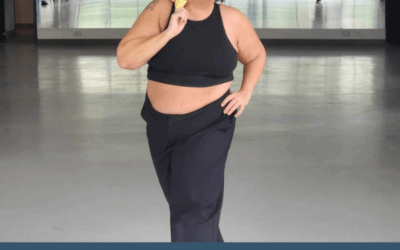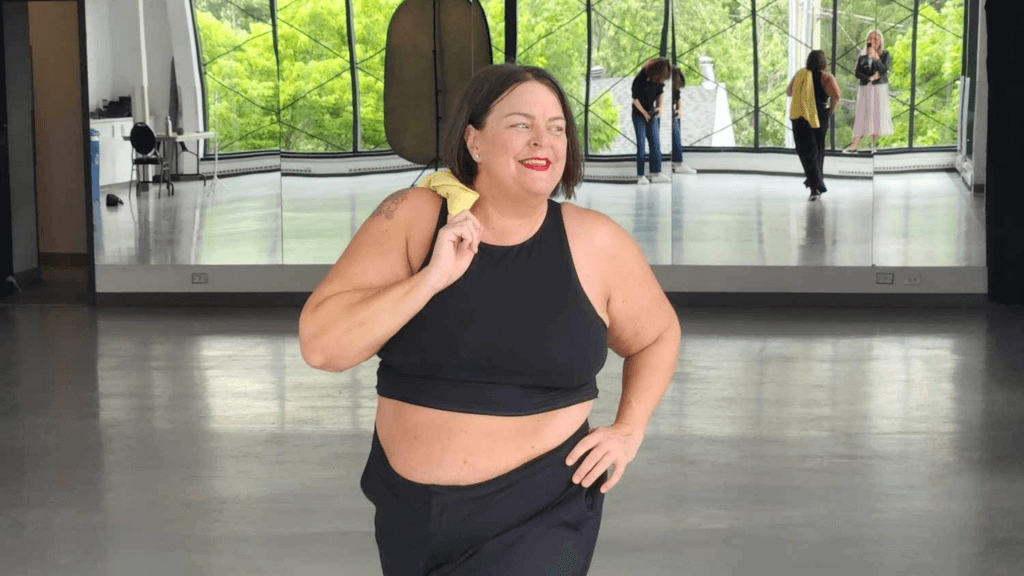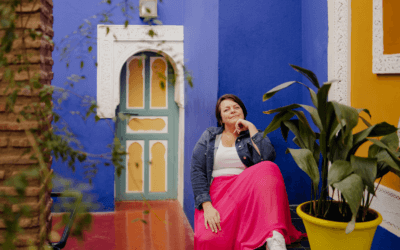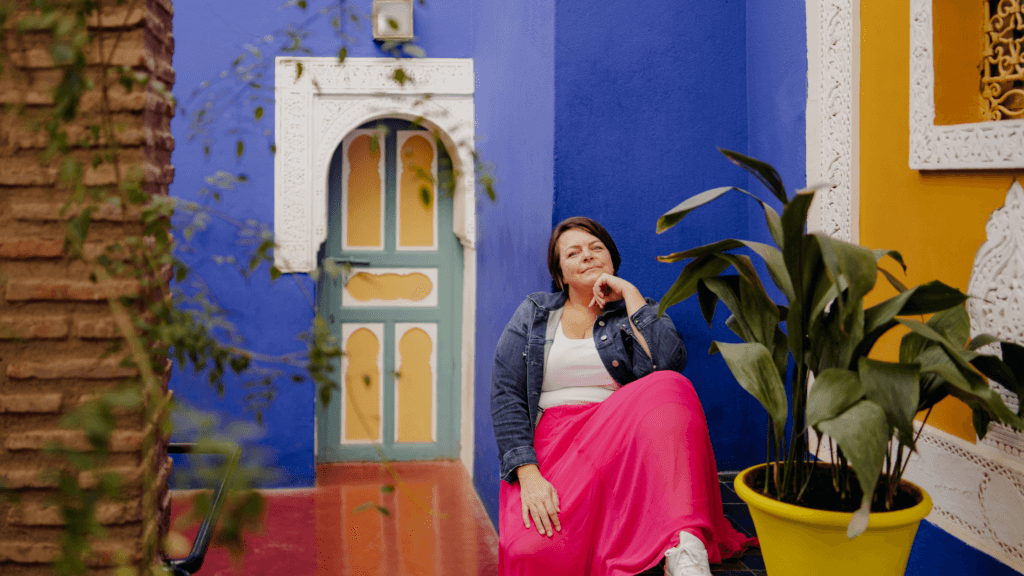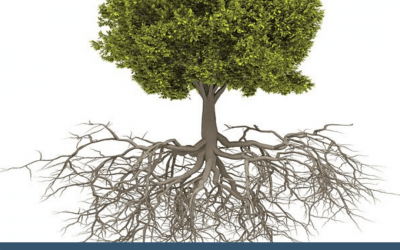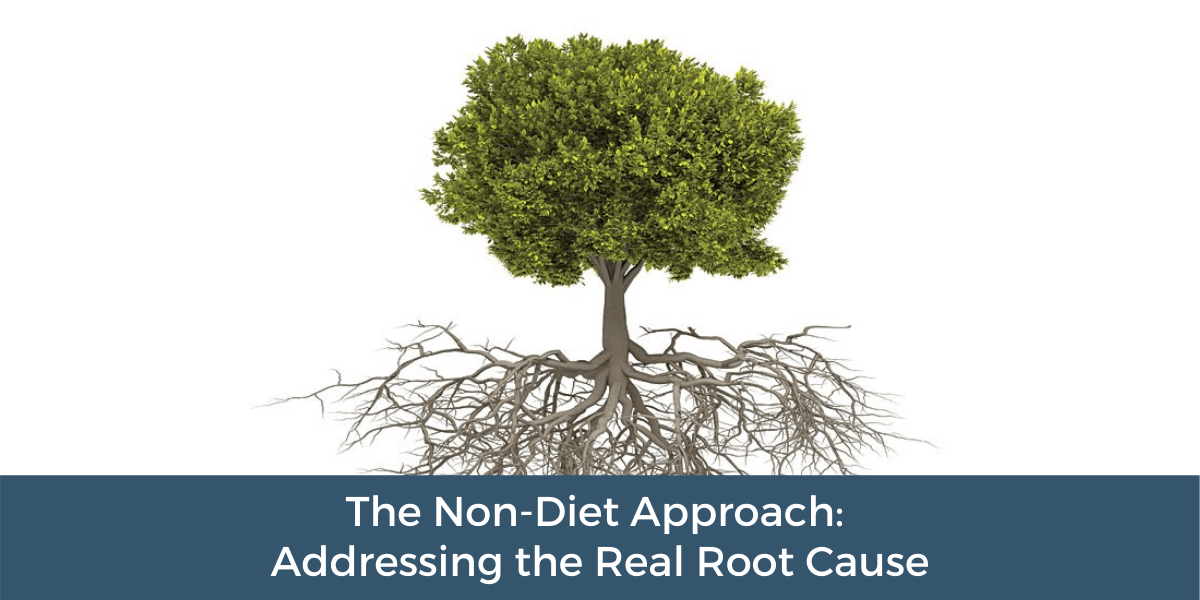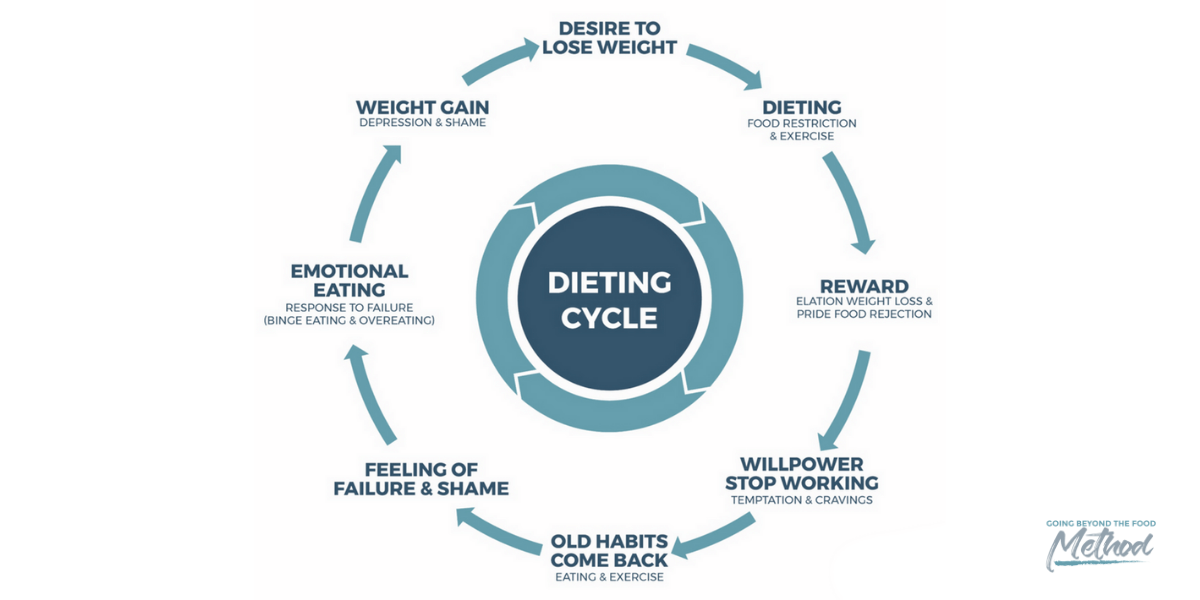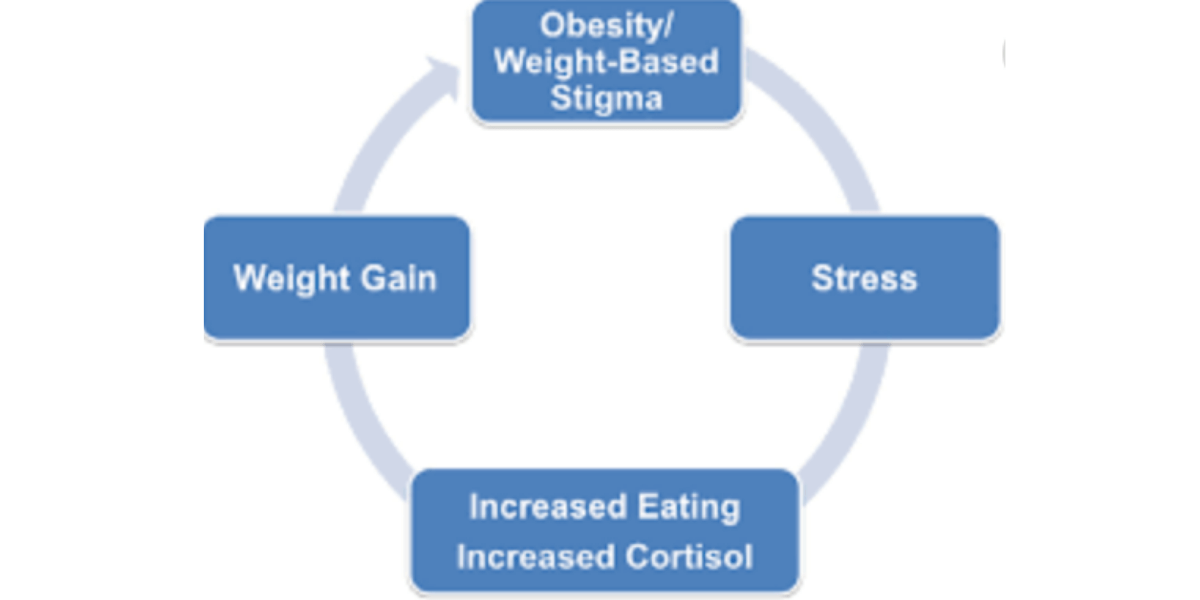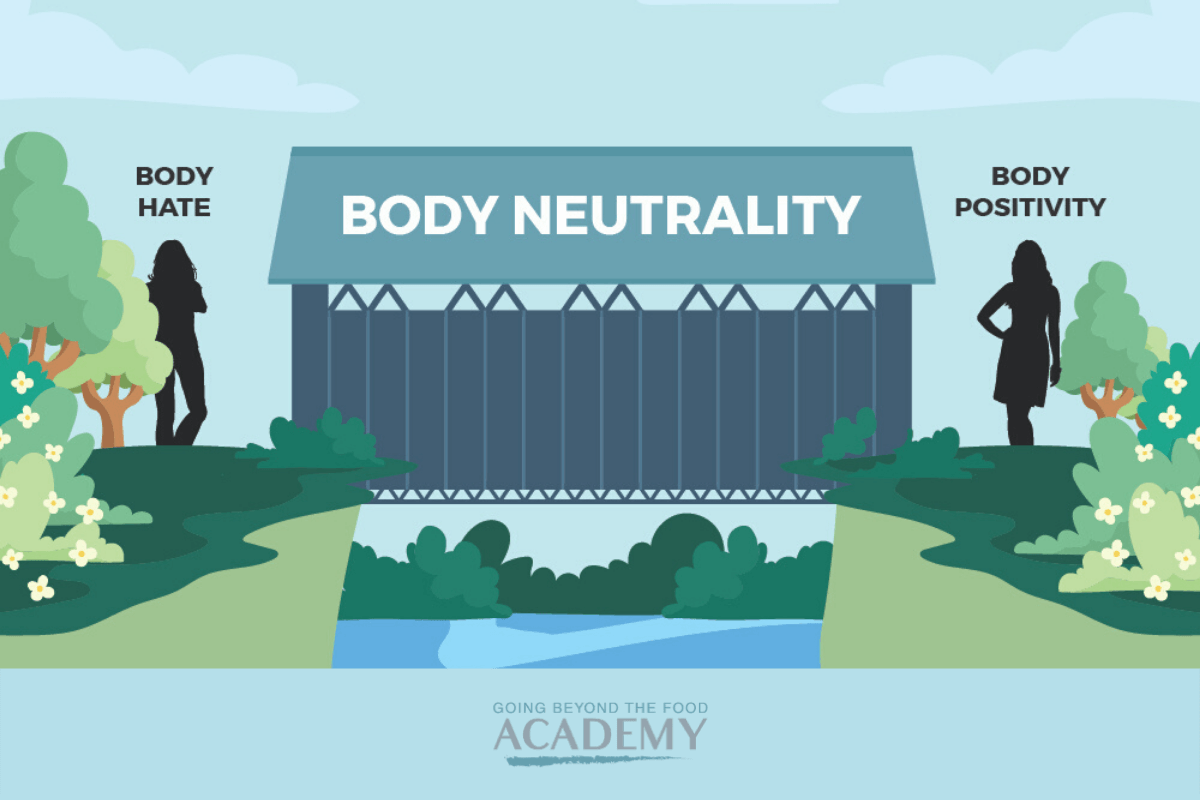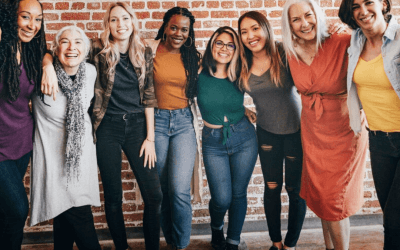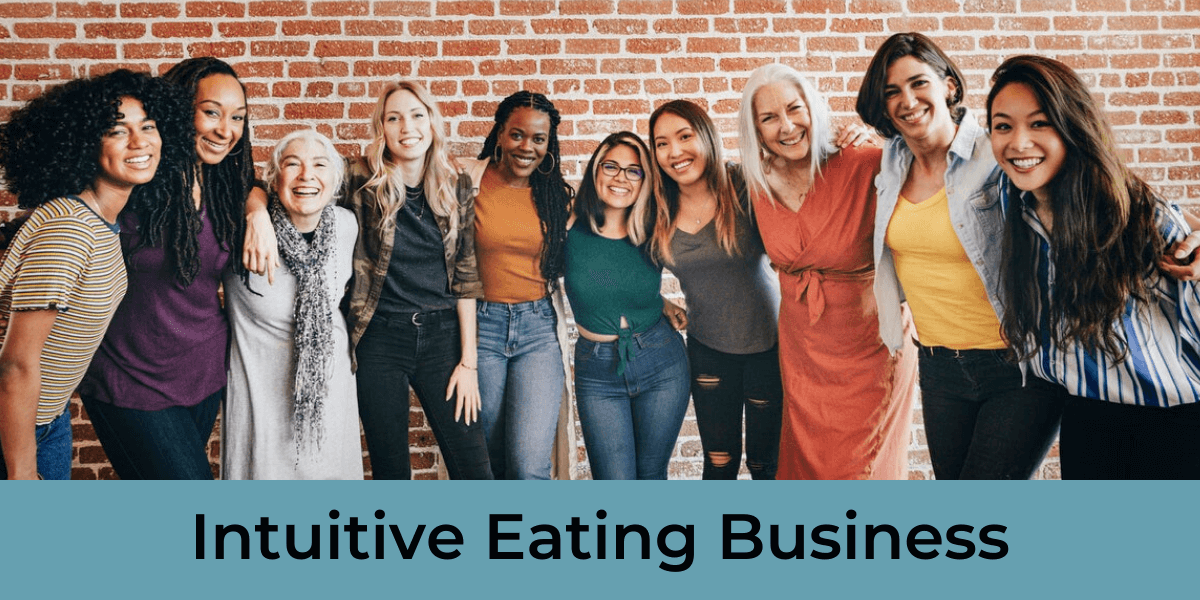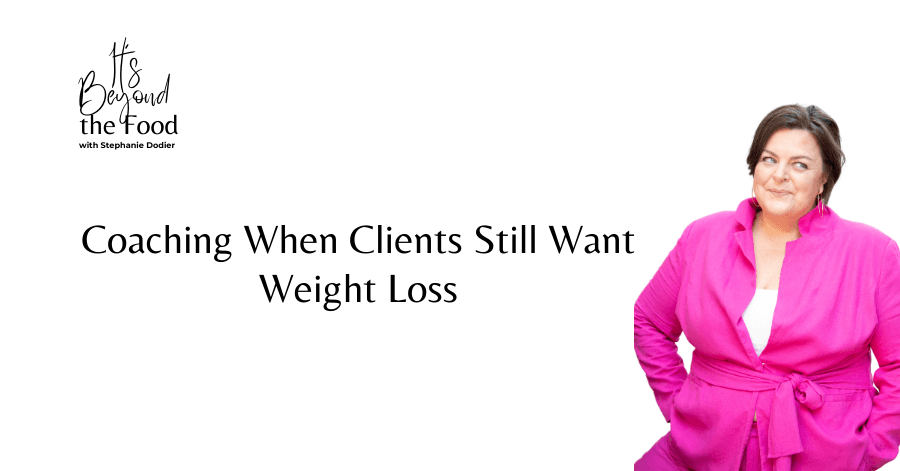

When a client says, “But I want to lose weight,” do you freeze up? Get a little panicky? Feel unsure how to respond without compromising your values?
You’re not alone.
If you’re a non-diet health coach, nutritionist, or therapist, these moments are inevitable. Weight loss will come up. It’s not a matter of if, but when.
What you do in that moment? That’s what defines your impact. And your client’s outcome.
In this guide, I’ll show you how to navigate those conversations without persuasion, shame, or silence. Instead, we’ll coach into the desire to lose weight—with clarity, confidence, and compassion.
Rather listen to the audio version of this blog? We’ve got you…
What Drives the Desire to Lose Weight?
The desire to lose weight isn’t a character flaw. It’s not even an objective fact. It’s a thought — one shaped by culture, identity, past experiences, and systemic oppression.
Clients don’t wake up one morning and randomly decide they should shrink their bodies. That desire emerges from layers of conditioning: diet culture, fatphobia, patriarchy, and healthism. Add to that personal history (like weight gain experiences or medical shaming), and it’s easy to see how the belief “I need to lose weight” becomes automatic.
The result? Thoughts like:
- I’ll get sick.
- I won’t fit in my clothes.
- My partner deserves better.
- People will think I’m lazy.
Which then trigger shame, disgust, or rejection, often driving clients right back into dieting, obsessing, or abandoning intuitive eating.
This cycle is powerful—but it can be interrupted. And that’s where coaching comes in.
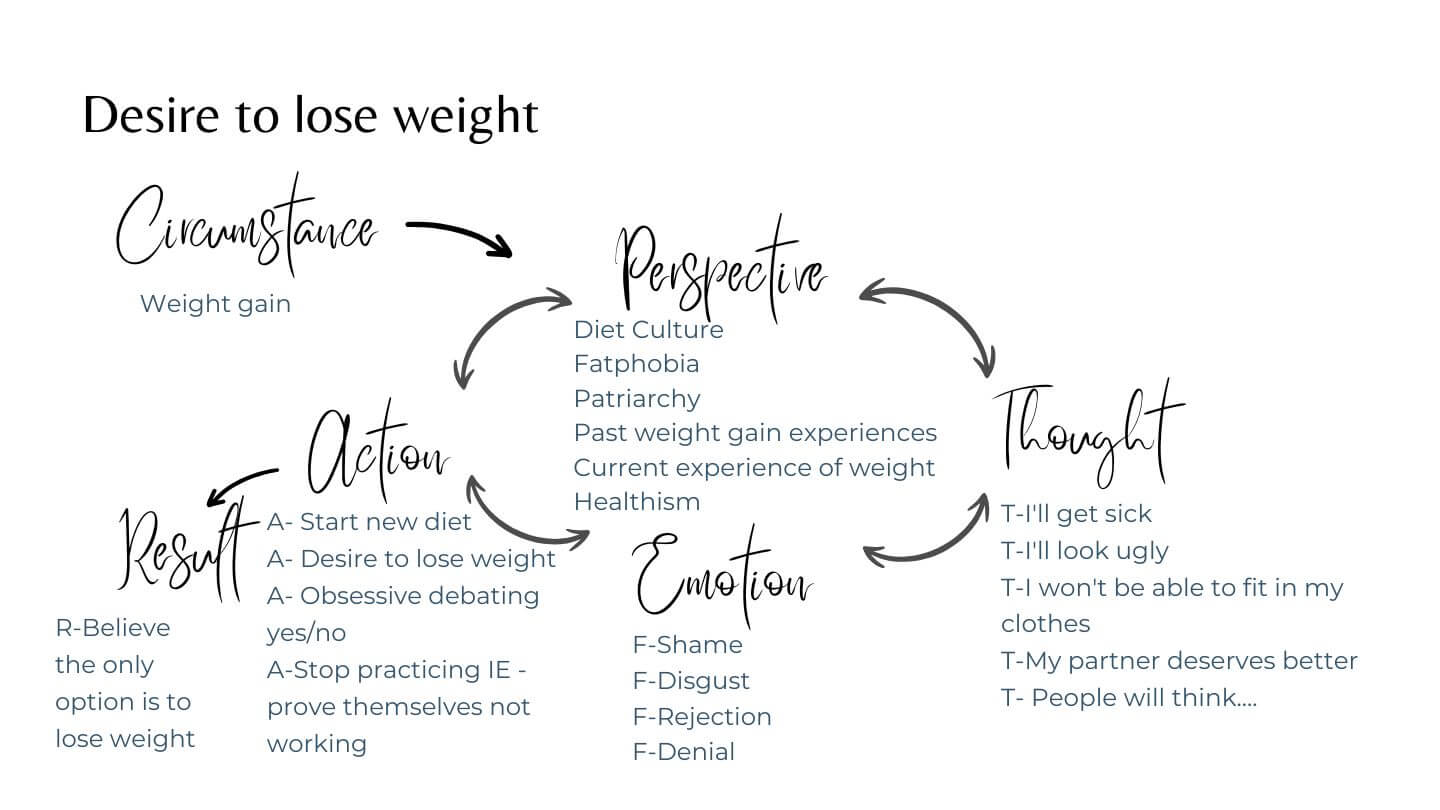

This visual framework captures how weight loss desire gets created and reinforced. It’s not proof that your client must lose weight. It’s a map showing the cultural, emotional, and behavioral forces at play. As coaches, we don’t fight the thought directly. We explore what’s underneath it.
From Panic to Curiosity: How to Respond
Your job is not to talk your client out of wanting to lose weight. It’s to explore why they want it.
Here are questions that move the conversation from fear to clarity:
- What are you hoping weight loss will do for you?
- If weight weren’t a factor, what would feeling good look like?
- What would being in a smaller body make possible?
- What do you think would change if weight wasn’t an issue anymore?
- Can we talk about what weight loss represents for you?
Remember: People don’t want the process of losing weight. They want the outcome they imagine is on the other side.
Confidence. Comfort. Acceptance. Health. Safety.
That’s the real coaching work.
What Putting Weight Loss “On the Back Burner” Actually Means
You’ve probably heard this advice before: “Put weight loss on the back burner.”
But here’s the nuance:
You’re not ignoring their desire. You’re just removing it from center stage.
Use This Analogy:
Imagine your client’s desire to lose weight is a pot of soup on the front burner. It’s been there for years, taking all the attention. What we do is move that pot to the back burner—still warm, still present—so we can cook something else at the front. Something like energy, joy, or freedom.
Use this coaching prompt:
“What if we gave the desire to lose weight less airtime? Not because it’s wrong—but because there’s more to you than your weight.”
Note: We teach this exact model inside the Non-Diet Coaching Certification, where coaches learn to meet this moment with skill, not silence.
The Motivation Trap: Why Weight Loss Goals Backfire
When weight loss is the motivator for behavior change, the client is stuck in an “if-then” trap:
- If I don’t lose weight, then it wasn’t worth it.
This type of extrinsic motivation is unsustainable. In contrast, intrinsic motivators like stress relief, energy, or joy drive long-term change.
A 2006 study on midlife women found that those who exercised for weight loss walked 2.5 times less than those motivated by energy or stress relief [Segar et al., 2006].
So when we shift the focus, we don’t just preserve body autonomy. We increase the likelihood of meaningful, lasting change.
For more on this, explore:
🎧 Listen here: How to be healthier without losing weight
How to be healthier without losing weight
🎧 Listen here: Weight neutral health pro and cons
Weight neutral health pro and cons
Your Client Wants What’s on the Other Side of Weight Loss
Here’s the truth:
Your client doesn’t want the diet. They want what they think the weight loss will give them.
That’s what we coach.
Here are some common “other side of the river” desires:
- Less physical pain
- Better mobility
- More energy
- Emotional safety
- Confidence
- Peace around food
- Social belonging
- Control over health
Help your clients see that these outcomes are available without shrinking their bodies.
And if you need a clear, harm-reducing way to frame this in session or consults, I created a free script for you: Download the guide.
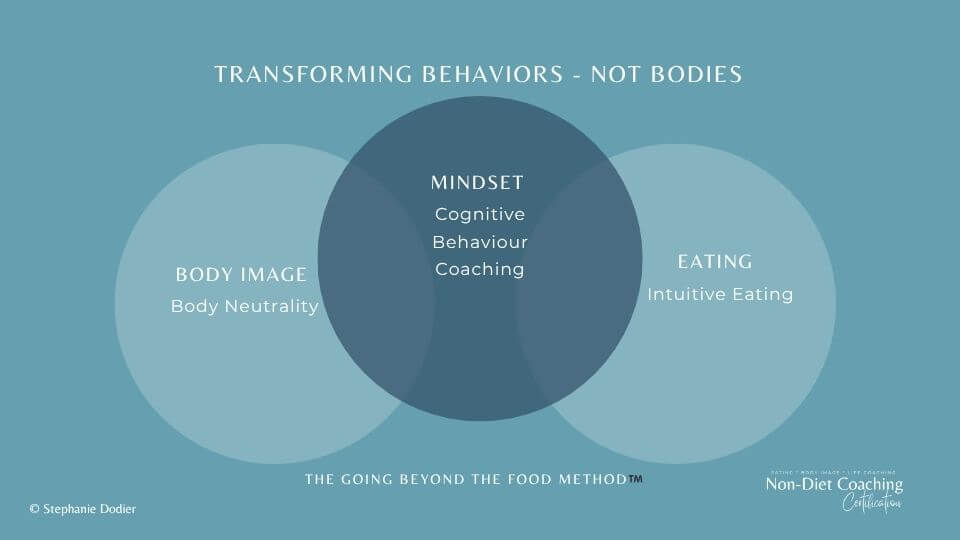

This is the foundation of our work: shifting from body control to behavior change. From managing appearance to cultivating resilience, energy, and trust.
Final Thoughts: This Is Our Coaching Moment
If we don’t meet the desire to lose weight with nuance and skill, someone else will. And likely with a diet plan.
We don’t coach bodies. We coach behaviors, beliefs, and the stories beneath them.
So let’s do it well.
If you’re ready to lead conversations that empower rather than persuade—to coach at the root instead of react to the symptom—join us inside the Non-Diet Coaching Certification.
That’s where we train professionals to do this work.
Need Help in Coaching Clients Who Still Want Weight Loss?
You can access all of our services on our work with us page. We have a number of programs and service levels enabling us to serve most women:
Free Resources and Masterclasses: Get started and get to know us better!
Private coaching with Stephanie and her team Stephanie and her team of Certified Non-Diet Coaches are waiting to support you in a one-to-one setting with an individualized plan.
Non-Diet Coaching Certification for professionals ready to integrate the Going Beyond The Food Method™️ in their practice and for women wanting to become a Certified Coach and build a business coaching other women beyond the food.


